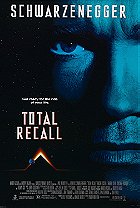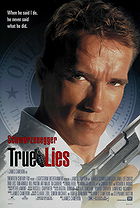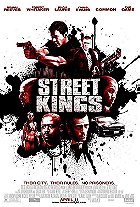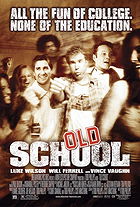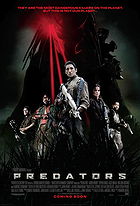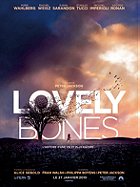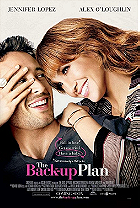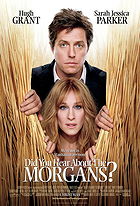Romance sells at the box office. Stephanie Meyer (the Twilight saga) knows this, Nicholas Sparks (The Notebook) knows it, and all of Hollywood knows it. 2010's Dear John is exactly the type of romantic tearjerker to be expected from an adaptation of a Nicholas Sparks novel, and it's awful. Look, I admit that this film was not made with me in mind - it's doubtful that the filmmakers told themselves "Let's make this film for a young bloke with a proclivity for hardcore action films". On the other hand, though, I'm not immune to the pleasures of a terrific romance - Titanic is among my favourites, and I'm one of the five people on the Earth who'll defend Meet Joe Black and Australia. But pulling off a successful romance requires a deft touch, and such skill eluded the filmmakers responsible for Dear John.

On leave from military service, Special Forces Sergeant John Tyree (Tatum) returns home to visit his distant father (Jenkins) while also spending time riding the ocean waves. In typical meet cute fashion, John meets college student Savannah (Seyfried), and over the course of a fortnight their relationship rapidly blossoms. Following their initial two weeks together, John returns to active duty and Savannah returns to school. Swearing to one another that their relationship will continue through letters, John and Savannah pour their hearts into their correspondence in the hope that a year apart will seem like weeks instead of months. The romance is again threatened, though, when the 9/11 terrorist attacks unfold and John chooses duty over Savannah in order to re-enlist for further military service.
In the past, director Lasse Hallström has proved to be a superior purveyor of weepy dramas, with What's Eating Gilbert Grape and Chocolat being two esteemed inclusions on his filmography. Dear John, however, is hindered by an overwhelming sense of obviousness. In the hands of Hallström, the film yanks on the heartstrings in practically every scene (Kleenex likely financed the production), yet it's seldom effective - most people may prefer a barf bag instead of a tissue. The writing is atrocious and unfocused as well - once John is back in the Special Forces, the film merely becomes a succession of voiceovers snippets which vocalise the characters' letter-writing while cheesy music frequently intrudes. There are visual accompaniments too, including a montage illustrating the workings of the mail system. Once this formula is exhausted, 9/11 occurs. After John re-enlists, Dear John is further sapped of focus. The screenwriters were clearly unsure of where to take the story - the romance degenerates into a bittersweet afterthought as the emphasis is placed on John's military experiences and his relationship with his father.

Lack of talent aside, the primary problem with Dear John is its clichéd framework and the "been there, done that" vibe that pervades the material. We've seen it all before: the 'kissing in the rain' courtship, the careful, tasteful sex scene, the strain of a long-distance relationship, and so on. Of course, conventions are inevitable and there's nothing wrong with using them per se, but the film is utterly flavourless, hence the conventional nature is hard to forgive. And, while no major spoilers will be divulged, the manipulative nature of Dear John becomes increasingly irritating as well. At one point, a viewer is basically asked not to sympathise with a nice man with cancer; in fact the film expects us to hope for his death. We're expected to buy all of these ludicrous developments and to follow the convenient narrative path, but there's nothing worthwhile to latch onto. The film is a groaning bore.
In terms of acting, none of the performers are worth writing home about. Channing Tatum further demonstrated his limited acting abilities here with this below-par performance: he's stiff as a board, and he recited all his lines as if reading them off a cue card for the first time. Girls may make a case about Tatum being pleasing eye candy (God knows Twilight fans use the argument of "hot boys" in the defence of those putrid films), yet the star has all the acting talent of a fire hydrant. Featuring as Savannah, Amanda Seyfried neither disappoints nor exceeds expectations; she's just there, and at no time does she make an impact or come across as a poor actress. There are a few specific performances that shine, however - Henry Thomas is quite impressive, and Richard Jenkins is excellent as John's father. Then again, Richard Jenkins is always excellent.

While Dear John is not entirely bad from a technical perspective, it does not excel in any area. If you enjoy these kinds of formulaic romance tragedies, you may find something to enjoy here, but there's little of interest for a wider audience. That's the best summary I can offer you.
3.2/10
 Login
Login
 Home
Home 183 Lists
183 Lists 1671 Reviews
1671 Reviews Collections
Collections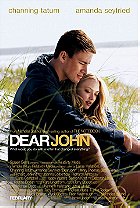
 0 comments,
0 comments, 